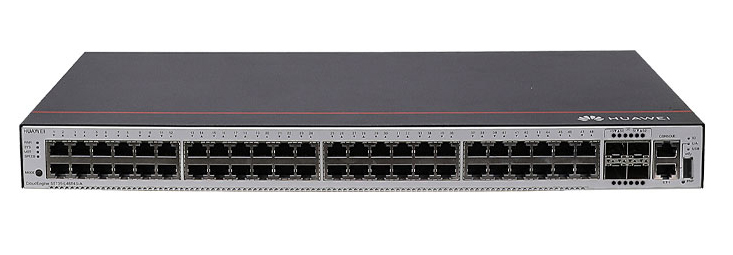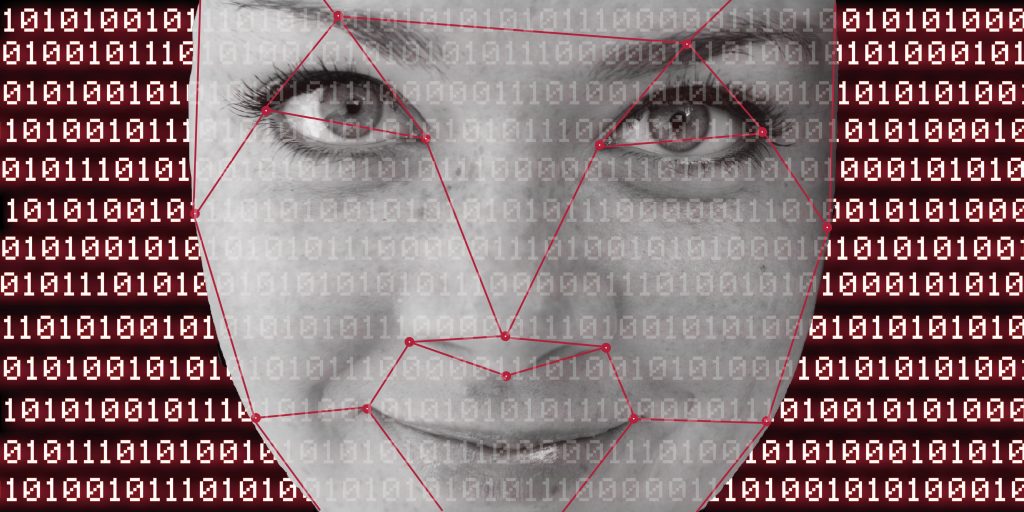
































Maryland is setting a precedent with its newly passed law governing the use of facial recognition technology by law enforcement, one of the strictest in the US. It marks a departure from Maryland's fragmented and inconsistent facial recognition use regulations, establishing a uniform statewide policy.
The legislation known as House Bill 338/Senate Bill 182, unanimously approved by the Maryland General Assembly, establishes stringent regulations on agencies employing facial recognition to ensure transparency, accountability, and safeguards.
While acknowledging the tool's value in solving crimes, the law prohibits arrests or positive identifications based solely on facial recognition results and restricts its use as evidence in court. Regular audits and reporting are mandated to ensure compliance and transparency, with prohibitions against using facial recognition for purposes protected by the Constitution or discriminatory practices.
As reported by the Biometric Update, facial recognition technology and its regulation have become focal points for politicians and civil rights groups worldwide, from the UK to Australia. Anticipation surrounds the upcoming release of the US Department of Justice's interim policy on the matter, which signals a growing international effort to address this technology's ethical and legal challenges.
 Tags quentes :
Inteligência artificial
Identidades digitais
Direitos humanos
Tags quentes :
Inteligência artificial
Identidades digitais
Direitos humanos